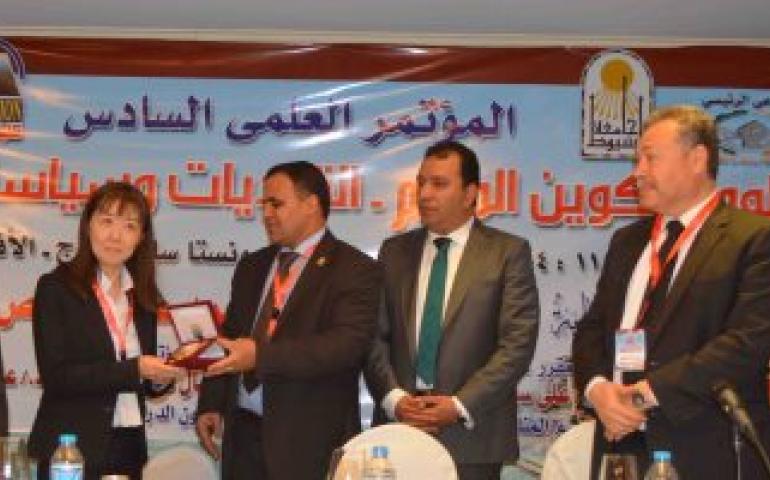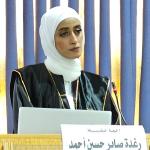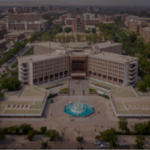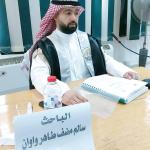The first secretary of the Japanese embassy in Cairo, Aki Hoshino, introduced Japanese experience in education through the sixth scientific conference of the Faculty of Education, Assiut University, which is currently in Luxor. Hoshino said in a statement to the University of Assiut today, that education in Japan starts from the beginning of the nails of the child in its early stages in the home through educational books suitable for the age of the child as well as educational TV programs aimed at the child and provide assistance and counseling for the family in the education and child at this stage, Which focuses on the teaching of ethics and social behavior appropriate and organized game in addition to the basic skills in reading letters and numbers and some of the famous songs and the primary stage of the most important events of the child and the family of the transition of life and primary schools all With the exception of a percentage that does not exceed one percent of private schools for its high costs. The primary level is six years compulsory. The preparatory stage is also compulsory. It is three years from the seventh to the ninth grade. The private schools increase to five percent. Each class has a social and administrative responsibility, Teaching the scientific material for the rest of the grades and for the secondary stage is non-compulsory and non-free and the proportion of private schools more than half and the information is much and focused at this stage because they are eligible to study at the university. Education in universities includes government universities, private universities and local universities. The study includes the sciences, arts and arts. The university phase in Japan is a stage for the final preparation of the student to be qualified and proficient in the field in which he studied and focusing on the latest science. Students take their ideas and suggestions during the years of study seriously and allow them to experiment with the codified under the supervision of specialist scientistsHoshino added that the most important outline in the Japanese experience is the combination of centralization and decentralization in harmony and harmony as well as the spirit of teamwork and responsibility and that the seriousness and diligence is more important than intelligence and talent without a grandfather as well as interest in making education a source of joy and happiness for the child and reverence of the teacher and to uphold the status and the most important thing in the education system In Japan is equal opportunity for all. For his part, Dr. Adel Al-Najdi, Dean of the Faculty of Education, Assiut University, said that the Japanese experience in education is in line with the requirements of the current stage and in line with the current educational policy in Egypt, which seeks to make the most of the successful international experiences in education and the implementation of the Japanese experience in Egyptian schools.
Embassy of Japan presents the Japanese experience in public education at Assiut Education Conference
Faculty of Education
Assiut University






